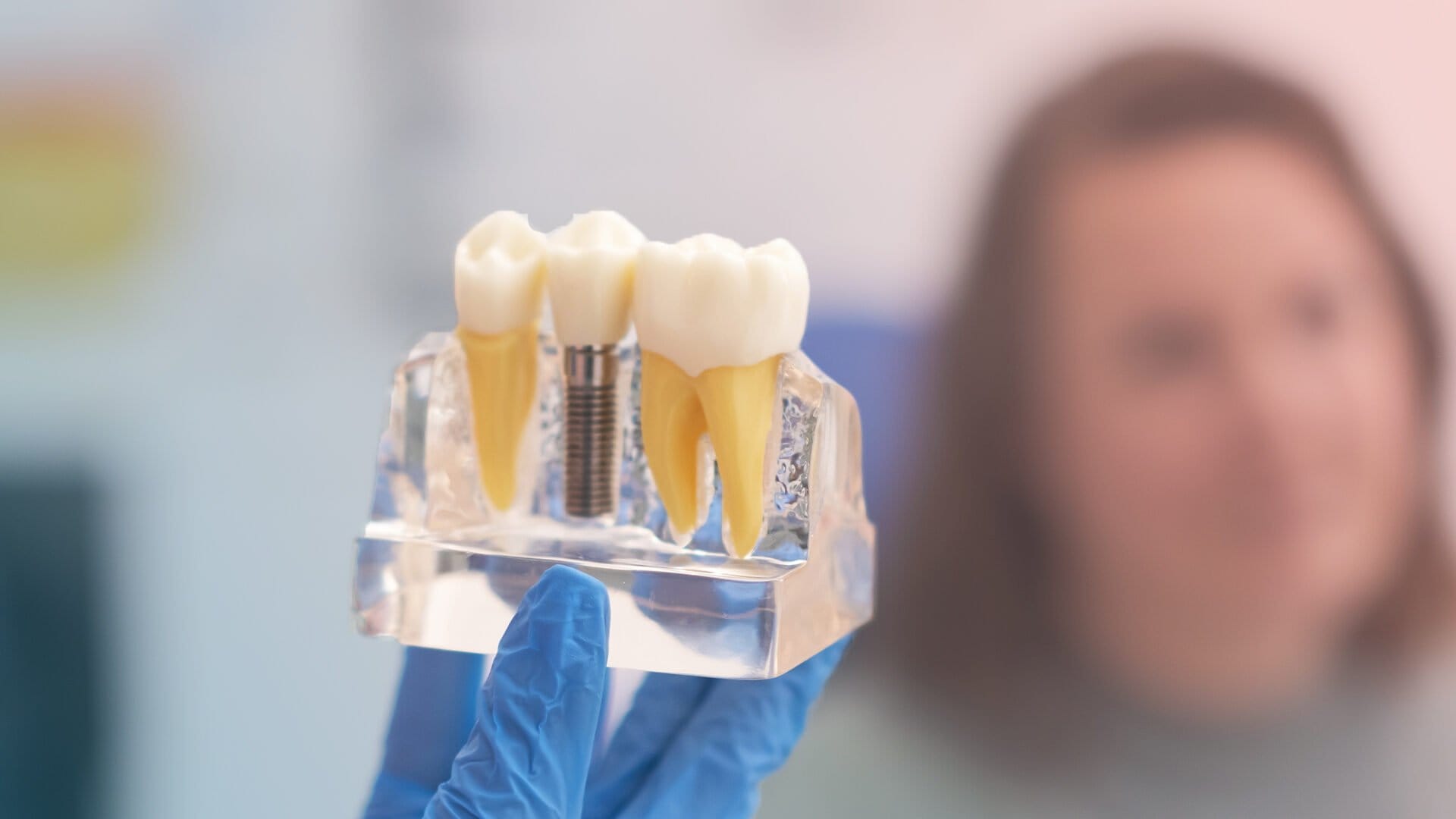Menu
Free Consultation

Implant treatment is one of the most effective methods to permanently resolve tooth loss. However, the success of the treatment is not limited to surgical intervention. Paying attention to the care and healing process after the implant is placed is of great importance for the longevity of the implant. In this article, we will discuss all the details of the post-implant care process and explain the points to be considered for a healthy and successful recovery.
The first few days after implant placement are the most sensitive period of the healing process. There are some important points that patients should pay attention to during this process.
Long-term care is very important for a successful implant treatment. The following steps should be taken into account to extend the life of implants.
Implant treatment generally has a high success rate. However, some complications may occur.
Mild pain is normal, but a doctor should be consulted for pain that lasts for a long time.
Consuming extremely hot or cold foods may increase sensitivity.
Infection may occur around the implant. This condition manifests itself with symptoms of gingivitis.
Antibiotic treatment can be applied with early diagnosis.
If the infection progresses, there may be a risk of implant loss.
In rare cases, the implant may not fuse with the bone. In this case, the implant may need to be repositioned.
Smoking increases the risk of implant loss.
The healing process varies from person to person, but is completed in an average of 2-6 months.
Yes, there may be swelling and bruising, especially in the first few days. Applying ice compresses will reduce the swelling.
Implants can be used for a lifetime if regular care is provided.
Soft foods should be consumed for the first few days, and then normal nutrition can be resumed with the approval of the doctor.
Heavy physical activities should be avoided for the first week, and approval should be obtained from the doctor for light sports.
Implant-supported dentures may change color over time, but this can be prevented with regular cleaning.
Yes, teeth grinding can damage implants. In this case, night guards can be used.
The post-implant care process is critical for the longevity and health of implants. The success of implants can be increased with proper care practices, regular dentist check-ups and a healthy lifestyle. It is possible to get maximum efficiency from implant treatment with a suitable care plan.
